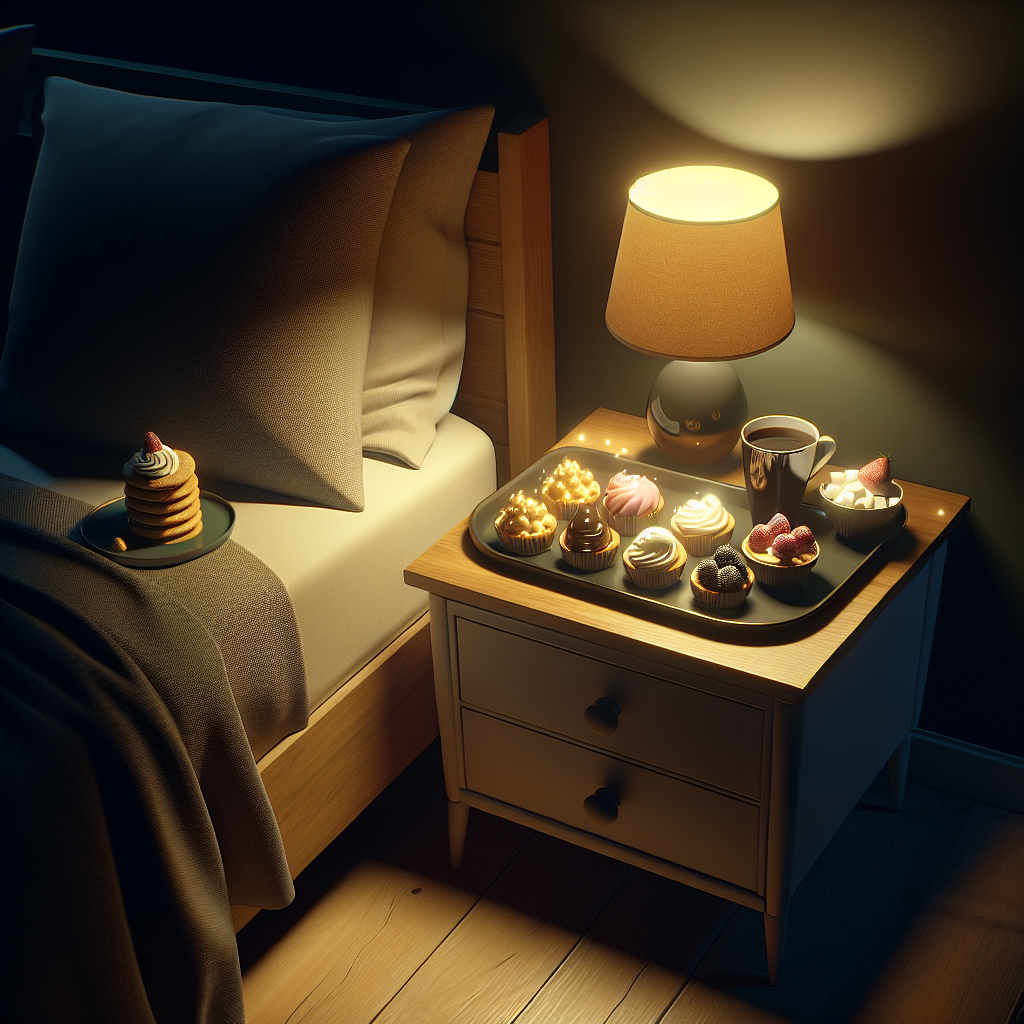Introduction to Sugar’s Impact on Sleep
While many of us reach for a cup of coffee for a wake-up boost, not as many consider the impact their sugar intake could have on their sleep patterns. The phrase How Sugar Impacts Your Sleep More Than Caffeine might come as a surprise to those who strictly monitor their evening caffeine but overlook their sugar consumption. This article delves into the effects of sugar on sleep quality, comparing its impact to that of caffeine.
Understanding How Sugar Affects Sleep
Sugar can significantly impact the quality of your sleep. Consuming high amounts of sugar during the day can lead to a rollercoaster of blood sugar levels, which not only affects energy levels but also significantly disrupts sleep. According to a study published in the Journal of Clinical Sleep Medicine, high sugar intake was associated with lighter, less restorative, and more disrupted sleep. The body’s response to a sugar spike (and subsequent drop) can lead to awakenings throughout the night, making it difficult to enter deeper sleep phases crucial for restorative rest.
Comparative Effects of Caffeine and Sugar on Sleep
Caffeine is widely recognized for its ability to delay the timing of your body clock and reduce sleep efficiency. It blocks adenosine, a chemical that makes you feel sleepy, thus extending the time it takes to fall asleep. However, unlike caffeine, which primarily delays the onset of sleep, sugar disrupts the quality of sleep after you’ve nodded off by causing abrupt changes in glucose levels that the body has to regulate. These disturbances are more subtle than caffeine’s effects but can lead to a restless night where sleep does not fully perform its restorative functions.
Scientific Insights into Sugar and Sleep
Research indicates that individuals with higher sugar intake experience more arousals during sleep, as noted in a study from Columbia University. These arousals—brief awakenings throughout the night—can fragment sleep and decrease its overall quality, leading to feelings of fatigue the next day. This contrasts with caffeine, which primarily affects the length of time it takes to fall asleep and, to a lesser extent, the early part of the sleep cycle.
Practical Tips for Managing Sugar and Caffeine Before Bed
To improve sleep quality, consider managing not only caffeine intake but also sugar consumption, especially in the hours leading up to bedtime. Here are a few practical steps:
- Avoid heavy desserts and sweets loaded with sugar close to bedtime.
- Be aware of hidden sugars in beverages and processed foods consumed in the evening.
- Try to consume whole foods with natural sugars accompanied by fiber, which can help stabilize blood sugar levels.
- Limit caffeine consumption to the morning hours to minimize its impact on your sleep cycle.
Conclusion: Rethinking Sugar and Sleep
The phrase How Sugar Impacts Your Sleep More Than Caffeine highlights a less recognized but crucial aspect of dietary habits affecting sleep quality. By understanding and adjusting our sugar and caffeine intake, we can enjoy more restful nights and energized days.
For more insights on dietary habits and mental clarity, consider reading Gut Health and Its Surprising Link to Mental Clarity.


